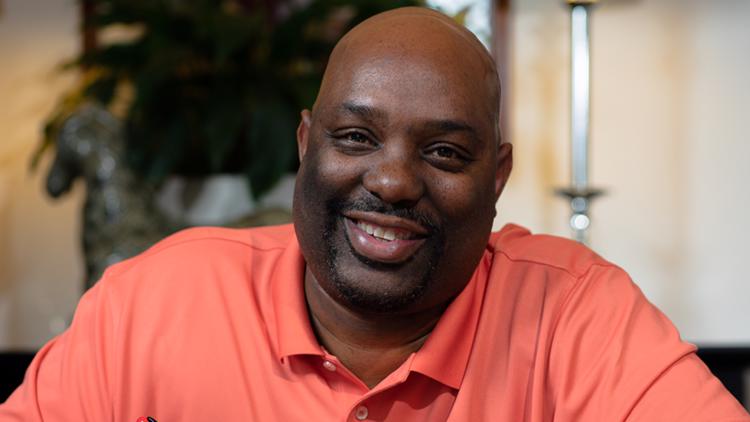According to the American Cancer Society, African Americans have the shortest survival time and highest cancer death rates in the nation. The Hampton University Proton Therapy Institute (HUPTI) is committed to helping shrink health care disparities that affect underserved Black Virginians, especially as those disparities pertain to cancer treatment.
African Americans in Virginia suffer from reduced health care quality and access compared to White Americans, even those of comparable income and education levels. Minorities with lower levels of income or education face even higher barriers to receiving adequate health care and are more likely to have untreated chronic or acute medical conditions, including:
- Cancer
- Cardiovascular disease
- Diabetes
- High-blood pressure
- Complications from smoking
Black men have the highest cancer incidence rate in the Nation and double the prostate cancer death rate of men in any other racial group. Data also suggests the average African American woman is approximately 40 percent more likely to die of breast cancer than the average White woman, and the death rate is double for Black women over the age of 50.
African American death rates for stomach cancer, prostate cancer, myeloma and uterine cancer are approximately twice as high as the same cancer death rates among White Americans.
Nearly a quarter of all African American deaths are attributed to cancer, making it the second leading cause of death for Black men and women. The five-year cancer survival rate for Blacks is statistically lower than it is for Whites due to socioeconomic barriers and an inability to easily access high-quality medical care.
Are Racial Health Disparities in Cancer Diagnosis and Treatment a Real Issue in Virginia and the United States?
Yes–indisputable data makes it clear that there are significant cancer diagnosis, treatment outcome and survivability disparities between different ethnicities in the United States.
There’s a strong correlation between segregated communities’ home to large African American populations and instances of undiagnosed cancer. Black people in these communities are more likely to receive a cancer diagnosis after their cancer has spread, contributing to reduced survival rates for lung cancer and breast cancer among African Americans. Likewise, according to a study on VA health disparities, Black veterans had statistically lower rates of early colon cancer diagnosis, low rates of receiving curative surgery for stage I, II or III rectal cancer and lower three-year survival rates for colon cancer compared to White veterans.
Hampton University, a historically Black research university located in Hampton, Virginia, is home to one of only a few proton therapy cancer treatment centers in Virginia. At HUPTI, we are acutely aware of how variables such as a patient’s geographic distance from oncologists, diagnostic facilities and cancer treatment centers can make receiving adequate care after a cancer diagnosis difficult. We regularly have patients who travel significant distances to undergo their therapy sessions.
Take Charge of Your Health and Future
Our team understands how hard it can be to get access to the cancer treatment you need. That’s why we strive to work with patients to effectively coordinate their care. Providing flexible solutions that maximizes access to life-saving proton therapy for underserved Black communities in Virginia matters to us. There are many ways you can help offset a potential cancer diagnosis, such as participating in regular exercise, eating a well-balanced diet and scheduling regular pre-screenings with your health care provider in order to continue maintaining a healthy lifestyle.
If you or a loved one have been affected by cancer, and proton therapy is a treatment option for you, please visit our website at hamptonproton.org or call us today at 757.251.6800 for more information.


